Your cart is currently empty!
Tag: NaturalCultivation
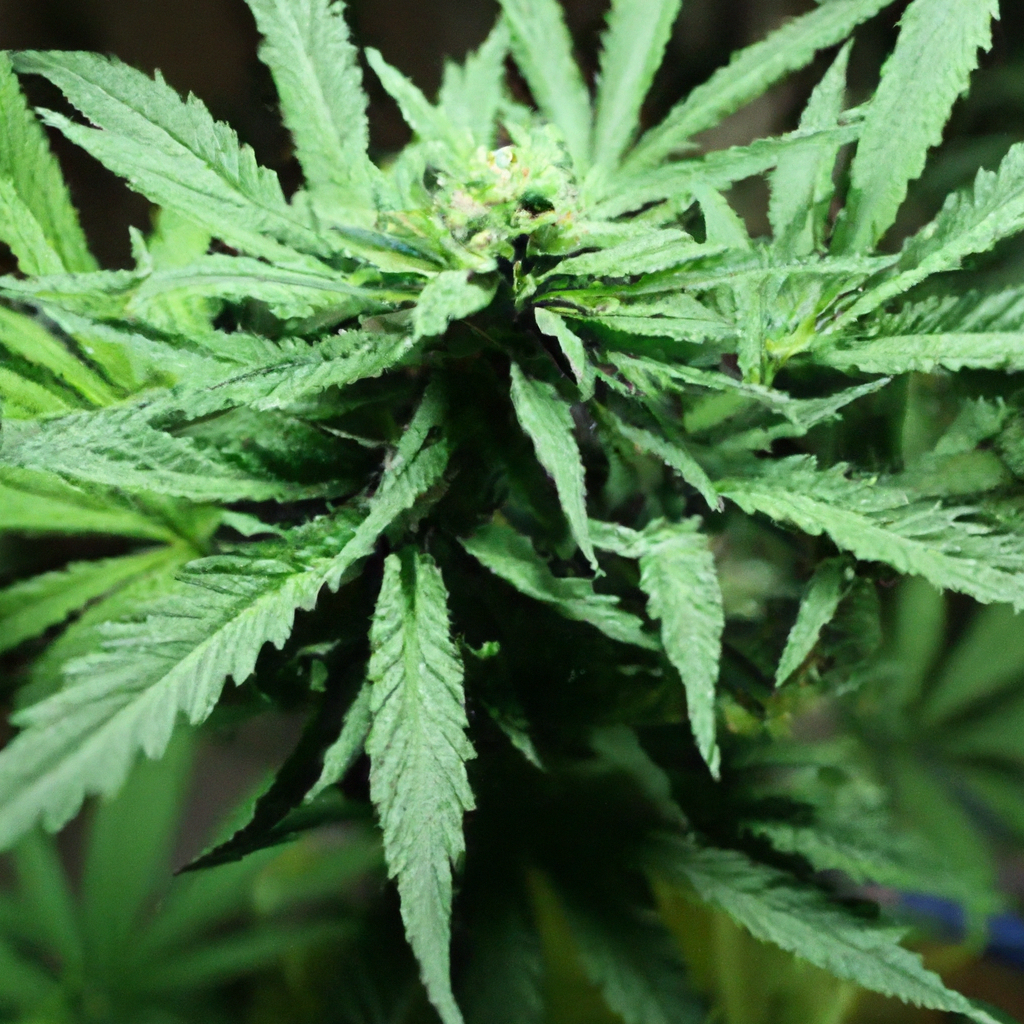
Cannabis cultivation benefits from companion planting, a technique where specific plants are grown together to promote each other’s health and yield. Companion planting enhances pest control and maximizes yield by creating a supportive ecosystem. Plants like marigolds, basil, lavender, and yarrow help repel pests and attract beneficial insects. The process involves soil preparation, strategic plant…
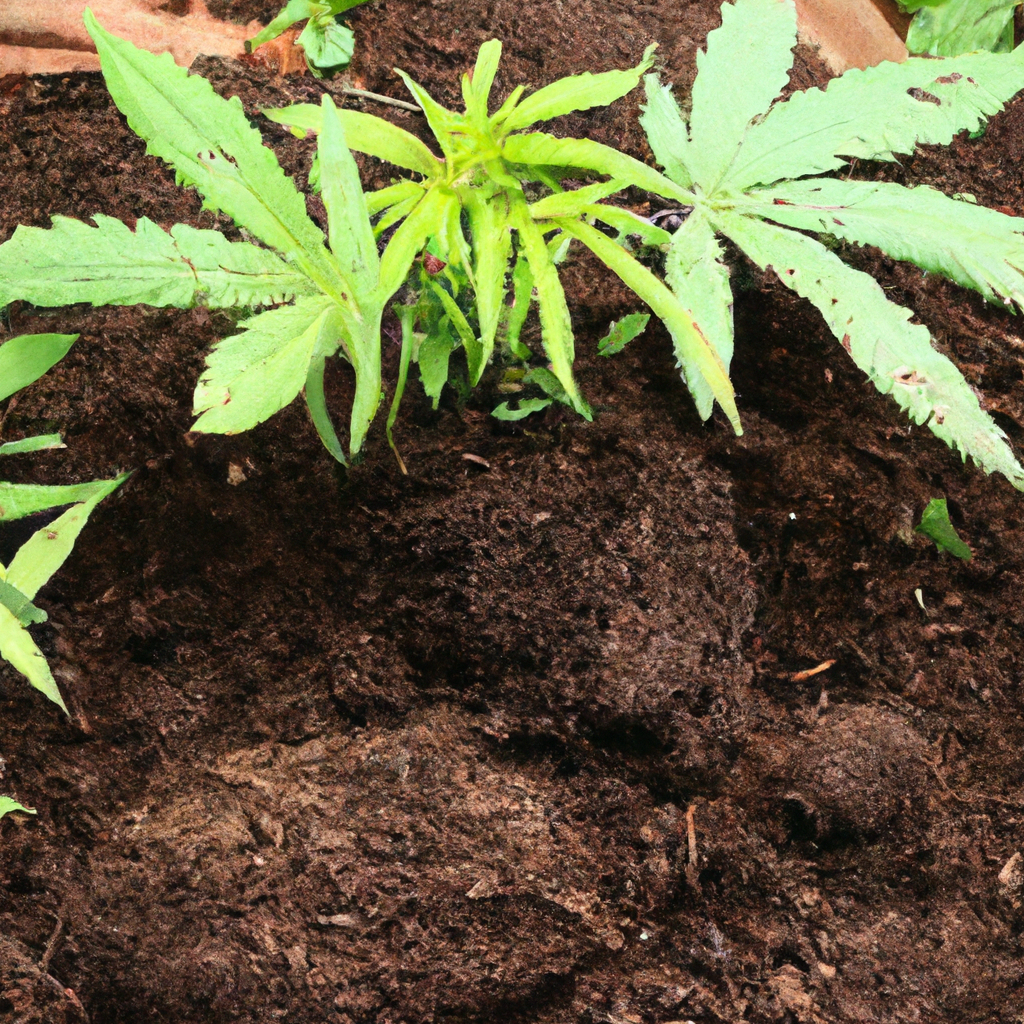
Organic cannabis cultivation is gaining popularity as a sustainable method for growing cannabis, focusing on soil health and avoiding synthetic chemicals. Key practices include enhancing soil with compost, cover crops, and mulching; using natural fertilizers like fish emulsion and worm castings; and employing integrated pest management strategies. These methods result in environmental benefits, such as…
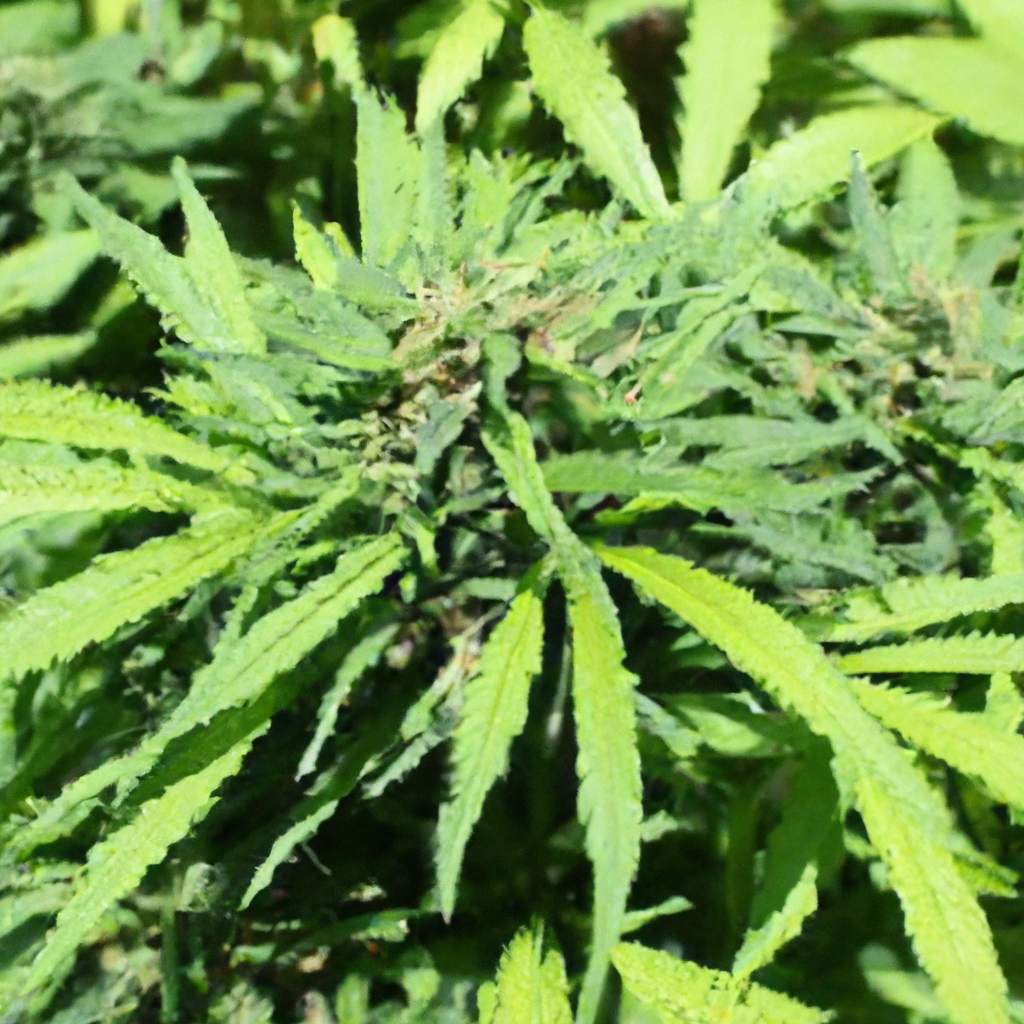
Organic cannabis cultivation emphasizes sustainability and eco-friendliness, benefiting both the environment and consumers. This method focuses on natural fertilizers, nutrient-rich compost, and effective natural pest control to enhance crop quality while avoiding synthetic chemicals. Key practices include building healthy soil ecosystems with compost and crop rotation, using natural fertilizers like fish emulsion and bone meal,…
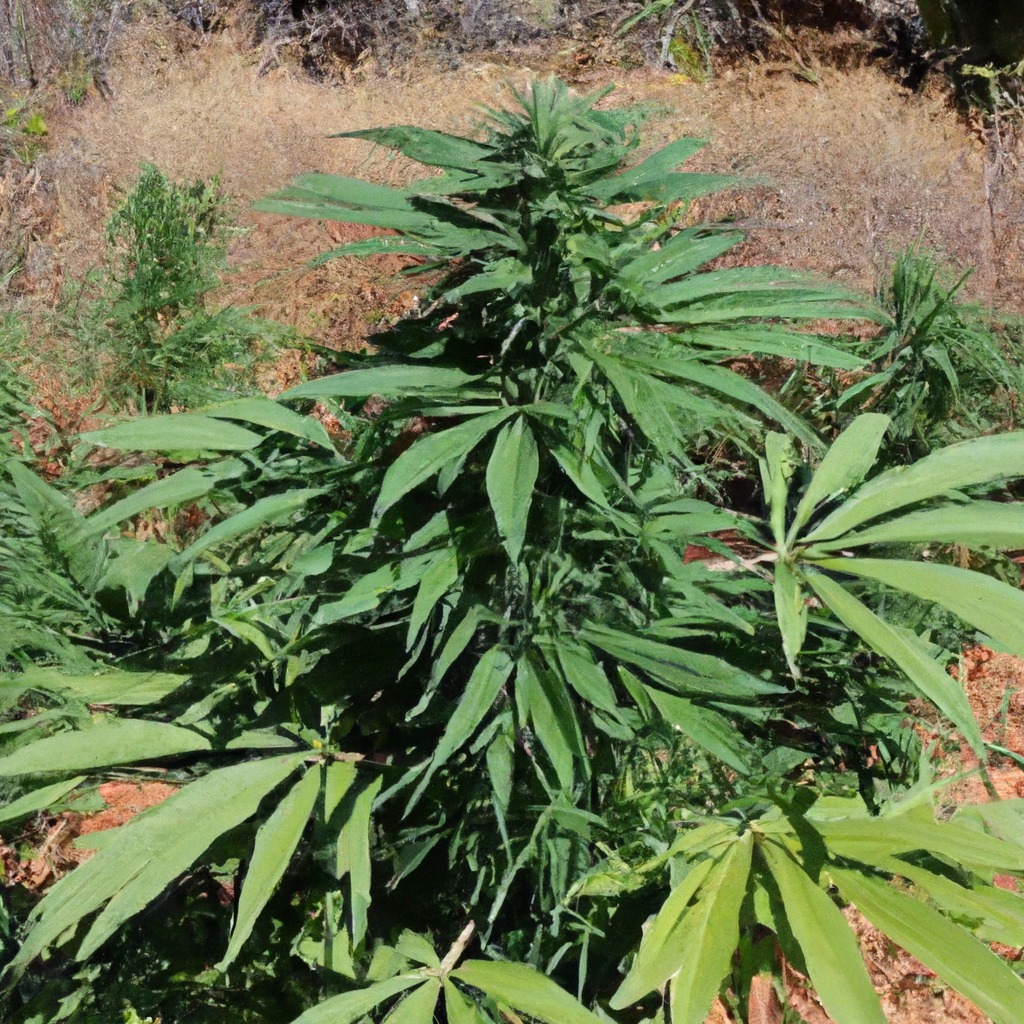
Organic cannabis cultivation is gaining popularity among growers focused on sustainability and quality. This practice emphasizes the use of natural methods to ensure a smaller environmental footprint and produce cleaner, healthier plants. Key aspects include maintaining healthy soil through composting and mulching, using natural fertilizers, implementing Integrated Pest Management (IPM), and managing water efficiently. Transitioning…
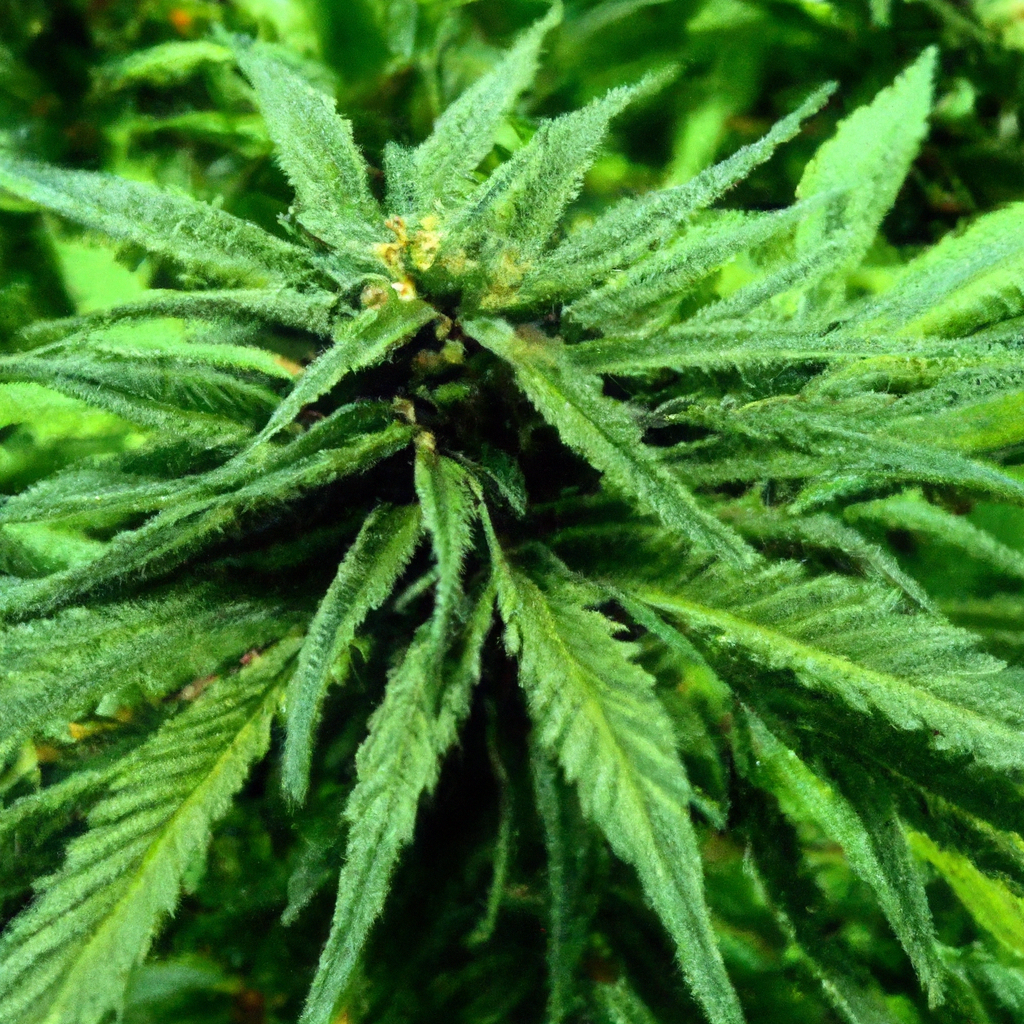
Embracing organic cannabis cultivation benefits the environment and produces cleaner, healthier plants. By building robust soil ecosystems using composting, cover crops, and promoting mycorrhizal fungi growth, growers enhance soil fertility naturally. Avoiding synthetic chemicals in favor of natural fertilizers, compost teas, and neem oil helps maintain healthy soil ecosystems. Sustainable pest control through companion planting,…
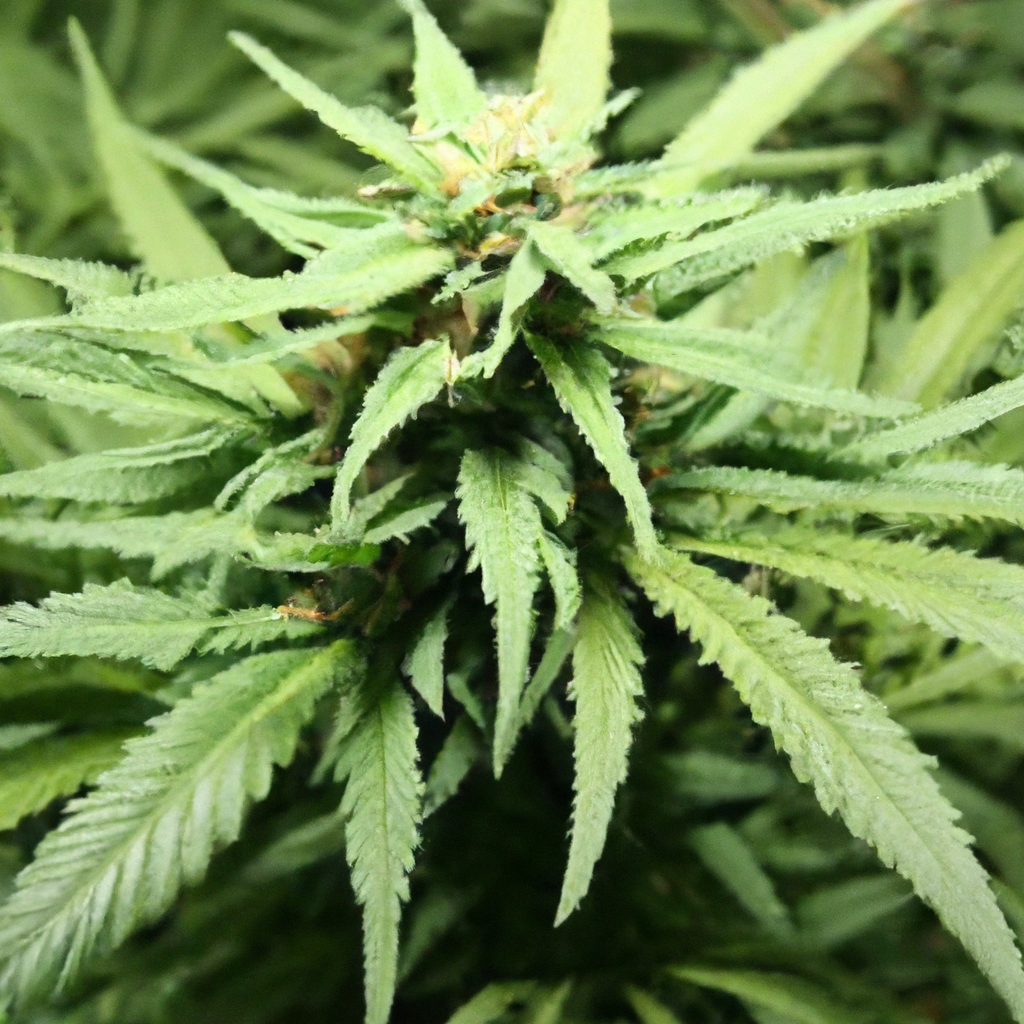
The growing trend of artisan cannabis cultivation is transforming our perception of this ancient plant by emphasizing sustainable practices, unique strain development, and personalized care. This holistic approach focuses on small-scale, high-quality yields through environmental responsibility, genetic diversity, and a deep bond between cultivator and plant. Artisan growers prioritize organic methods, creating unique strains with…
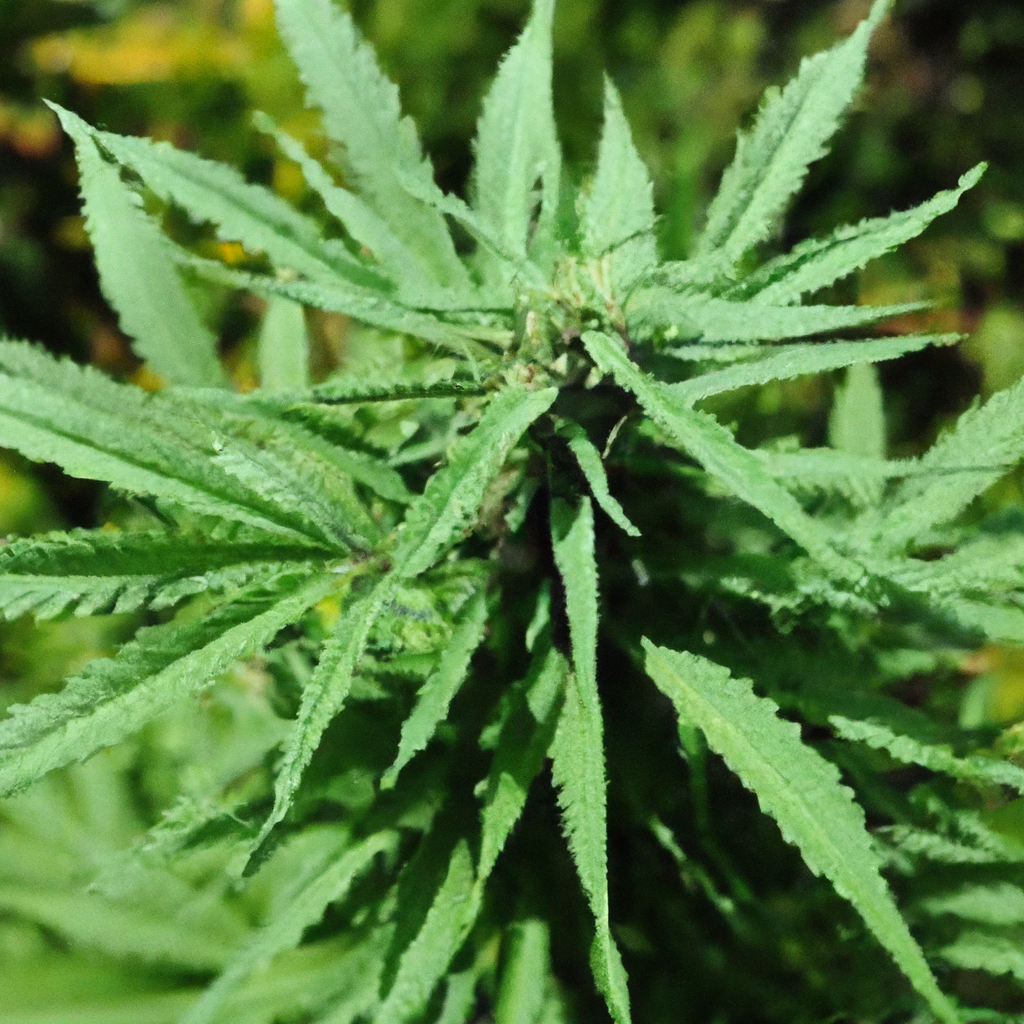
As the cannabis industry expands, interest in eco-friendly methods also rises. Organic cannabis cultivation emphasizes sustainable practices like using natural fertilizers, composting, and biological pest control, which benefit the environment and consumer health. This approach enriches soil with natural amendments and employs beneficial insects for pest management. Focusing on a robust soil ecosystem, organic methods…
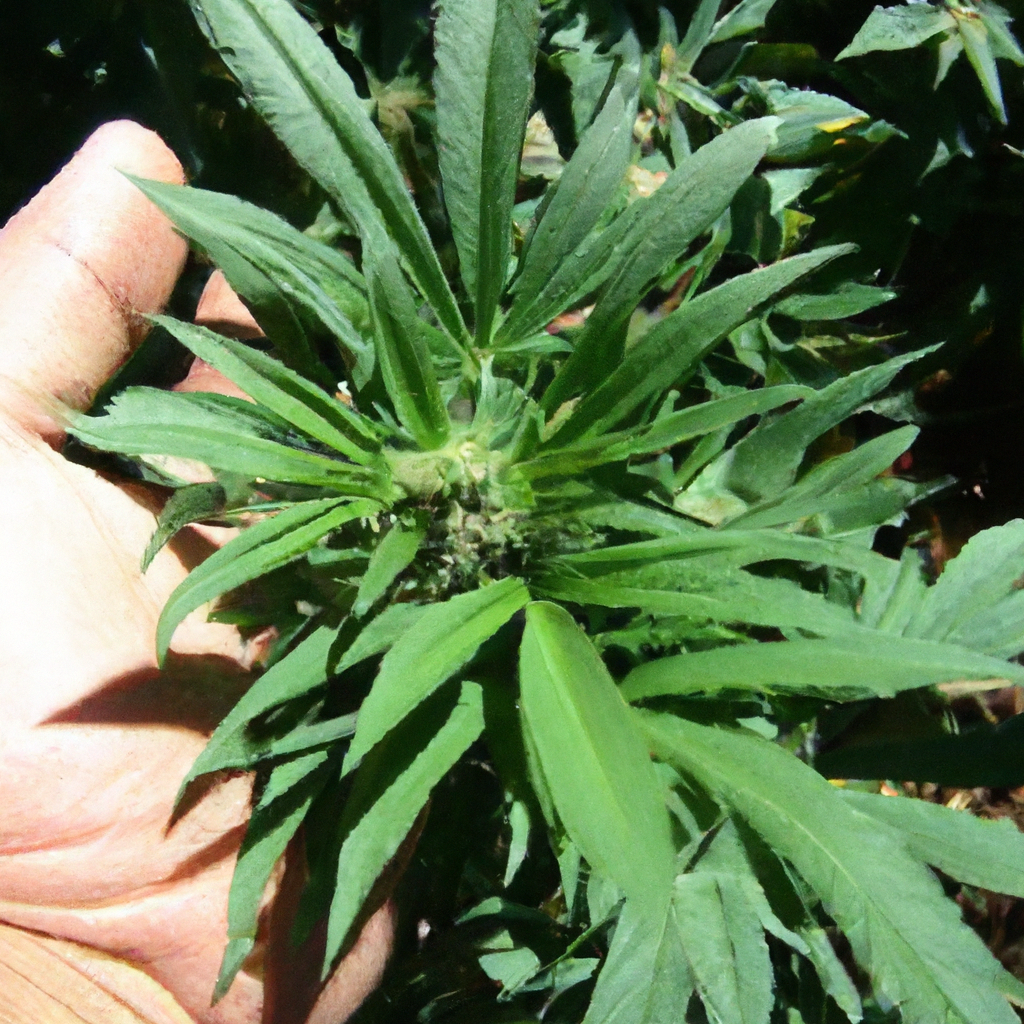
Growing cannabis organically promotes sustainability and plant health while yielding high-quality results. Emphasizing soil health, organic pest control, and water conservation forms the foundation of this approach. Key techniques include enriching soil with compost and cover crops, using beneficial insects and neem oil for pest management, and employing drip irrigation and rainwater harvesting for efficient…
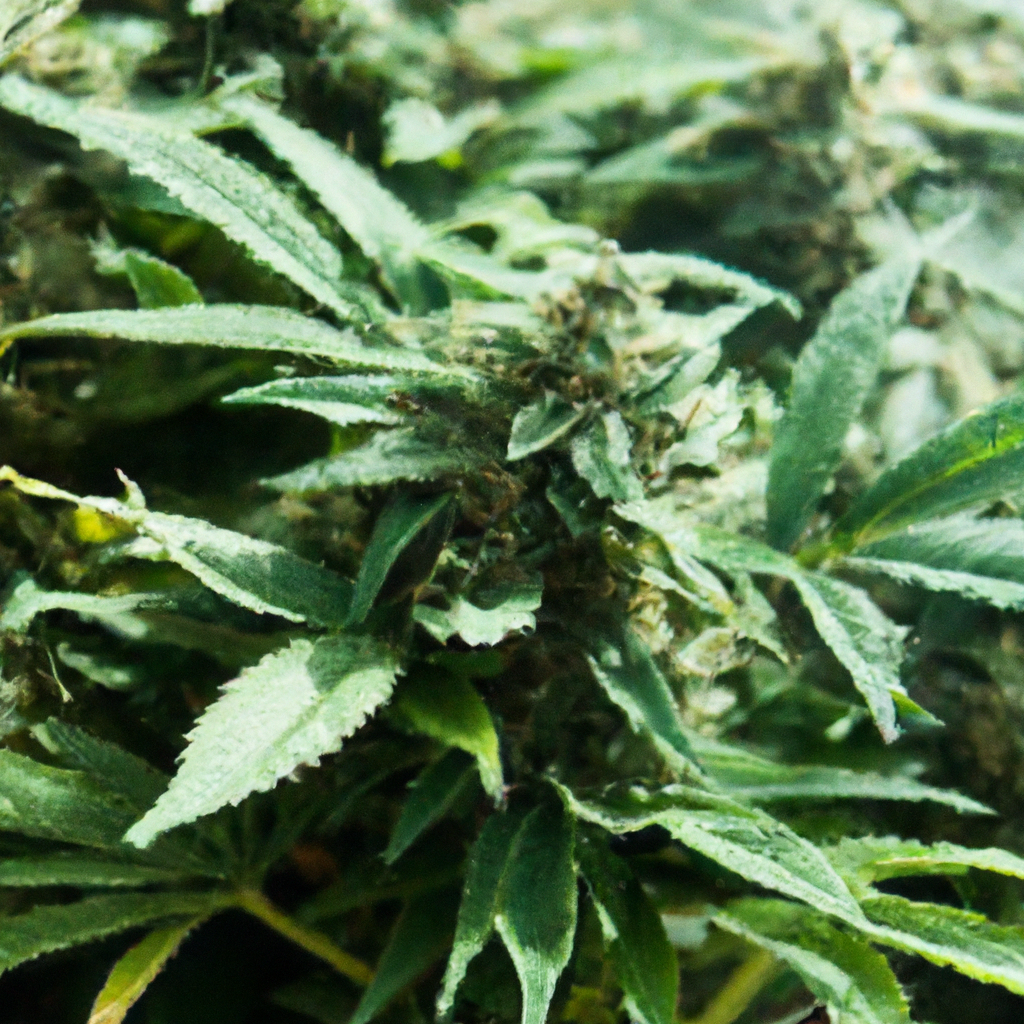
Discover the benefits of premium organic cannabis cultivation, where enthusiasts prioritize sustainable practices for enhanced flavors and potency. Organic methods eschew synthetic chemicals, promoting environmental health and richer terpene profiles. Key strategies include compost integration, beneficial microbes, and companion planting for a thriving soil ecosystem. Natural fertilizers like fish emulsion and kelp support robust growth,…
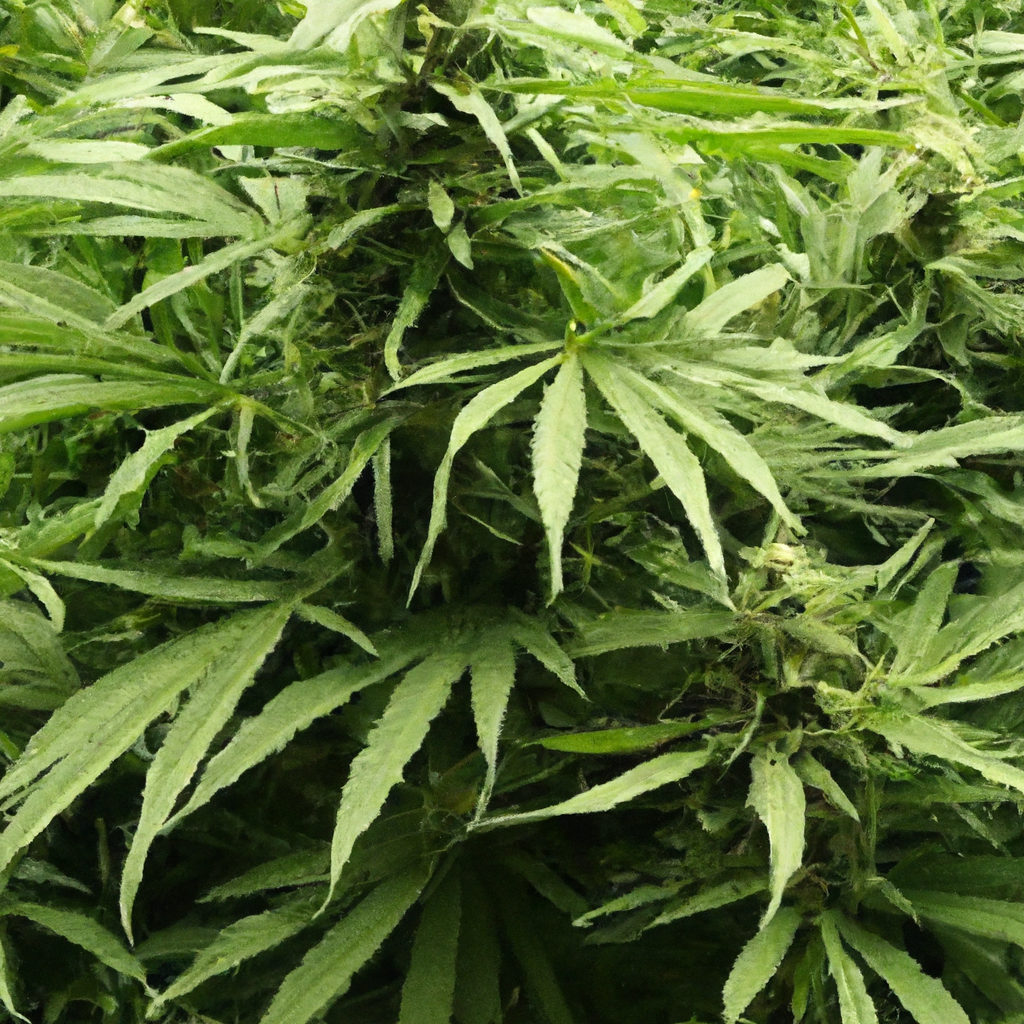
In the pursuit of environmentally conscious agriculture, organic cannabis growing exemplifies sustainable cultivation by utilizing natural resources and eliminating synthetic chemicals. Key practices include building a robust soil ecosystem through composting, companion planting, and beneficial microbes, alongside using organic fertilizers like manure and fish emulsion. Natural pest control methods, such as neem oil and diatomaceous…
